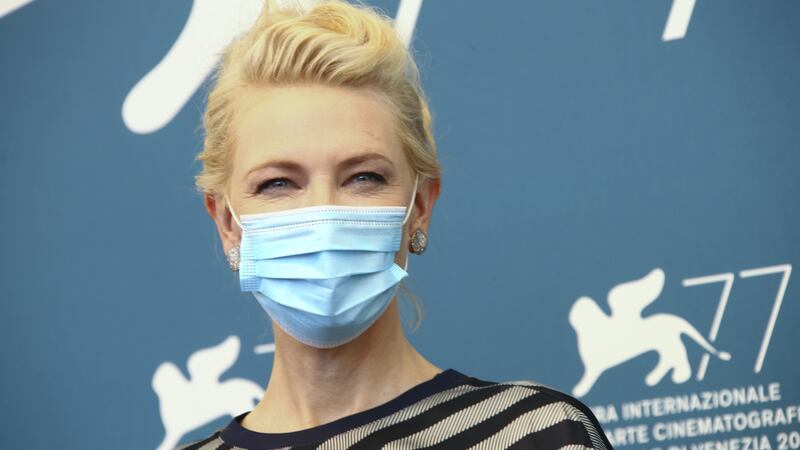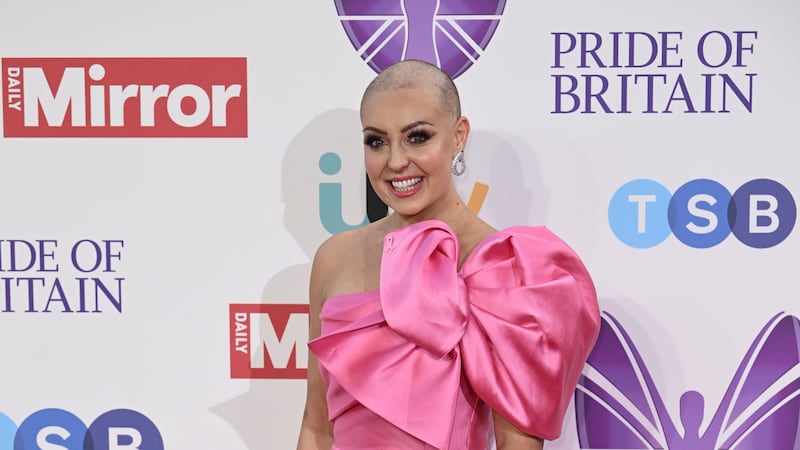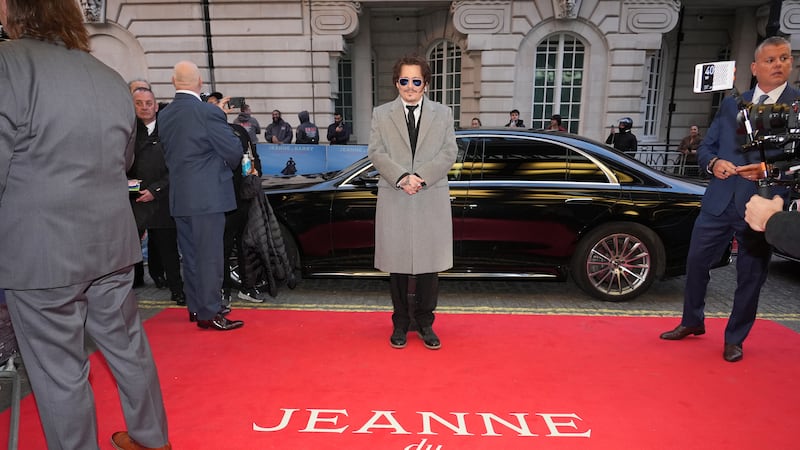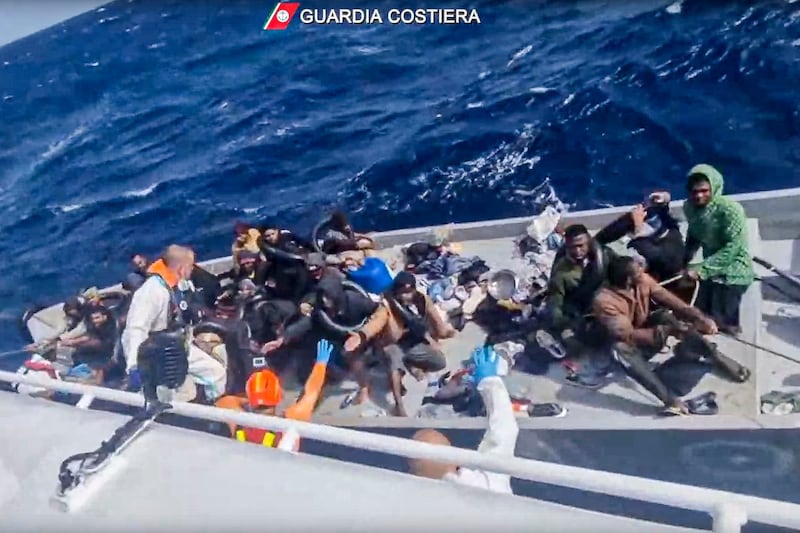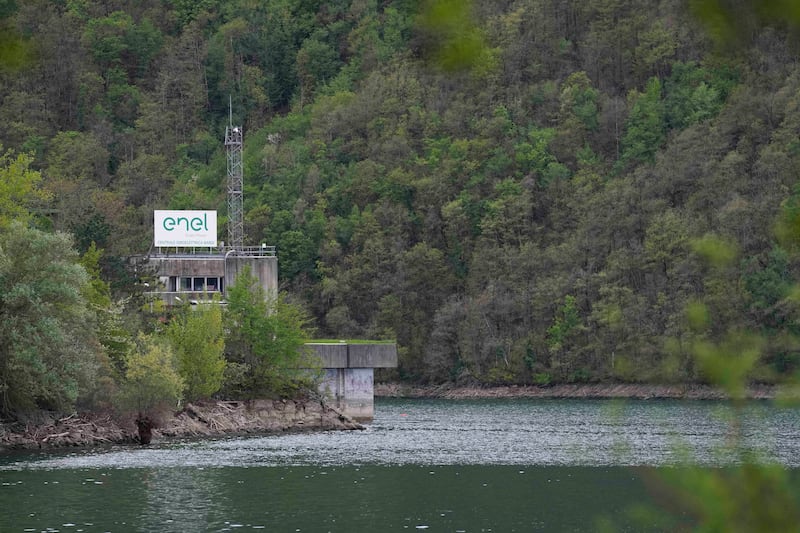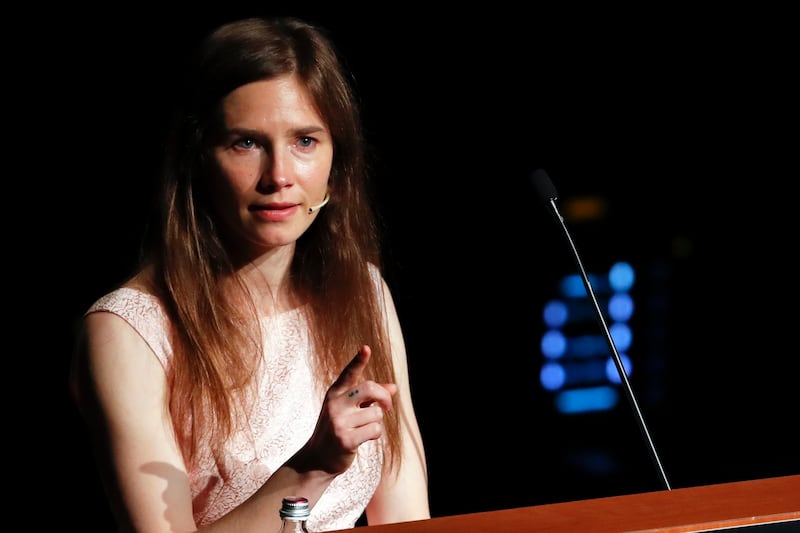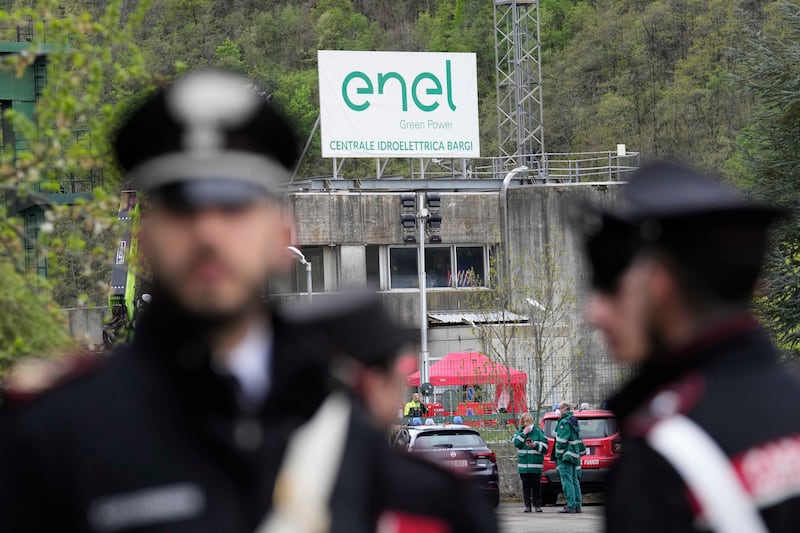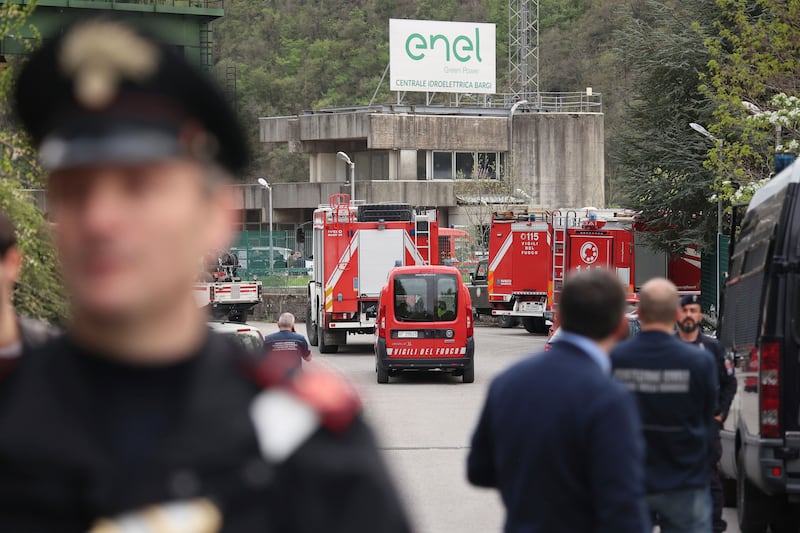Australian actress Cate Blanchett has said she is baffled that other countries did not learn from Italy’s pain to be better prepared to fight the coronavirus outbreak when it spread.
Blanchett, who is heading the jury at the virus-restricted Venice Film Festival, arrived on the Lido wearing a face mask and skipped the typical water taxi photo op that stars have long used.
Both were evidence of the safety and social distancing norms that have added a certain degree of sobriety to the usually glamorous festival, the first international in-person film showcase after Covid-19 shut down the movie industry in March.
At an opening day press conference, Blanchett was asked whether she feared coming to Italy, the first country in the West to be hit by Covid-19.
Hospitals, cemeteries and morgues were overflowing in nearby Lombardy, which became the epicentre of the outbreak in Europe.
Blanchett said she had many fears, but also said “we have to be courageous”.
“Every time one starts a project, whether it’s in a pandemic or not, it always feels like the first day of school,” she said.
But Blanchett, a UN goodwill ambassador who has previously criticised the US decision to pull out of the World Health Organisation, also said she could not understand why the UN agency was not being allowed to have a greater leadership role in the ongoing crisis.
“I think we’re a very strange species that we don’t learn by the painful examples, for example, of the terrible stress that Italy was under,” to have been better prepared when the virus spread elsewhere, she said.
“We often behave in quite obtuse and fragmented and destructive ways, which is not particularly helpful.”
Italy largely tamed the virus with a strict, 10-week lockdown, progressive reopening and continued social distancing norms and mask mandates.
While infections have been rising again after Italians returned from holiday, Italy has been able to keep its cases low compared with Spain and France, which were both hit hard in the initial wave of Covid-19 and have seen cases rise again.
Blanchett’s native Australia in recent days saw its single biggest daily jump in fatalities and on Wednesday Australia’s main hotspot, Victoria state, extended its state of emergency for another six months.
The actress said she was honoured to be part of a festival that is helping the industry re-emerge from an economically and artistically devastating lockdown that shuttered cinemas and production sets, forced the cancellation of the Cannes Film Festival and moved other festivals online.
“It seems miraculous actually,” she said.
Blanchett is heading the jury that also includes US actor Matt Dillon, Austrian director Veronika Franz, British director Joanna Hogg, Italian writer Nicola Lagioia, German director Christian Petzold and French actress Ludivine Sagnier.
They will award the coveted Golden Lion and other awards to winners of the 18 in-competition films when the festival wraps up on September 12.
